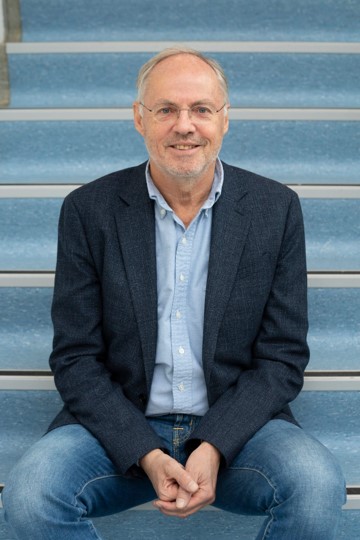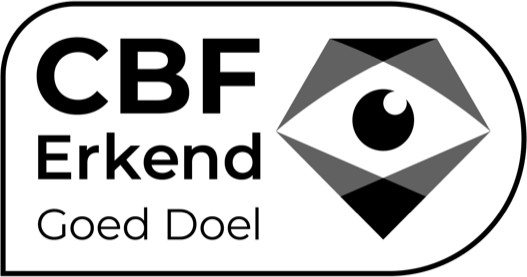How it all began…
The Dutch newspaper De Volkskrant pays attention to unexpected discoveries. On 4 November 2022, Hans Clevers was given a stage: 'What we saw under the microscope no one had ever thought possible: mini-organs were growing in the magic gel'
The article was originally published in Dutch (written by Meike The), below it is translated into English. You can find the original article here.
'What we saw under the microscope, no one had ever thought possible: mini-organs were growing in the magic gel'
Scientists rarely head straight for the goal. An ode to the unexpected discoveries. Today: stem cell expert Hans Clevers and his groundbreaking research into artificially grown mini-organs.
'Out of curiosity, I instructed a Japanese researcher in my lab to 'just grow some stem cells from the intestines in a dish'. Stem cells replace dead cells in our body, and every organ has its own stem cells.
'Generally, researchers grow cells on the bottom of a dish, two-dimensionally. But this is not how nature does it. In the body cells grow three-dimensionally. That is why we used a kind of magic gel in which the cells can float, allowing our stem cells to grow three-dimensionally. With this, we expected to create a kind of clumps of stem cells. But what we ultimately saw under the microscope, no one had ever thought possible.
‘The Japanese researcher who worked on this assignment did not make himself very popular in the beginning. For example, he accidentally broke an important device. He also did not yet speak the English language very well. Partly because of this, he worked in isolation and I hardly spoke to him for a while.
'Only after a long time did I ask him how the stem cells in the gel were doing. His answer was simple: 'Yes, they grow.’ Apparently, he had already known for three months that stem cells could grow in the magic gel. When I asked him why he had not told me, I got a straight answer: ‘You didn't ask.’ A typical Japanese remark.
'Under the microscope, to our great surprise, we saw beautiful structures of cells that seemed to work together. They turned out to be miniature versions of the intestines, now known as organoids. We had never intended to create these, it was a truly unexpected discovery.
'Then the trick we applied to the intestines actually turned out to work across the board. That is, you grow the cells three-dimensionally in a gel, you add some nutrients and you automatically get a mini-organism. After our discovery, we completely rebuilt the lab. I encouraged my researchers to put other research on hold, 'grab an organ too and see if you can grow a miniature version'. In no time we created mini-pancreases, mini-livers, mini-prostates and mini-mammary glands.
‘Because of this discovery, I now live in a world where I often speak with Nobel laureates. The research turned out to be groundbreaking for both the medical and pharmaceutical worlds. Our mini-organs are often better suited for testing certain substances than lab animals or single human cells. For instance, the malaria drug chloroquine was found to block COVID-19 infection in single human cells, but not in our organoids. Our organoids are also used to determine whether a specific drug works on a specific patient, also known as ‘personalised medicine’.
‘Our development of organoids came about through a confluence of multiple chance discoveries. Most researchers think about the mechanics of the subject matter in advance. This never works in biology, because everything in your body was ultimately created by chance during evolution.
‘I set up my research like a closed, dark room. We, the researchers, do not know where the exit is. Here and there we try some new things, until suddenly a window opens. When we crawl through this window, all of a sudden we get a glimpse of all kinds of new unexpected discoveries.’

Hans Clevers is professor in immunology and molecular genetics at the Hubrecht Institute, a research institution in Utrecht of the Royal Netherlands Academy of Arts and Sciences. He is also head of the Pharmaceutical Research and Development Biology research group at the pharmaceutical company Roche in Switzerland. For his research on organoids, he received prestigious awards and was appointed Knight of the Order of the Dutch Lion.


